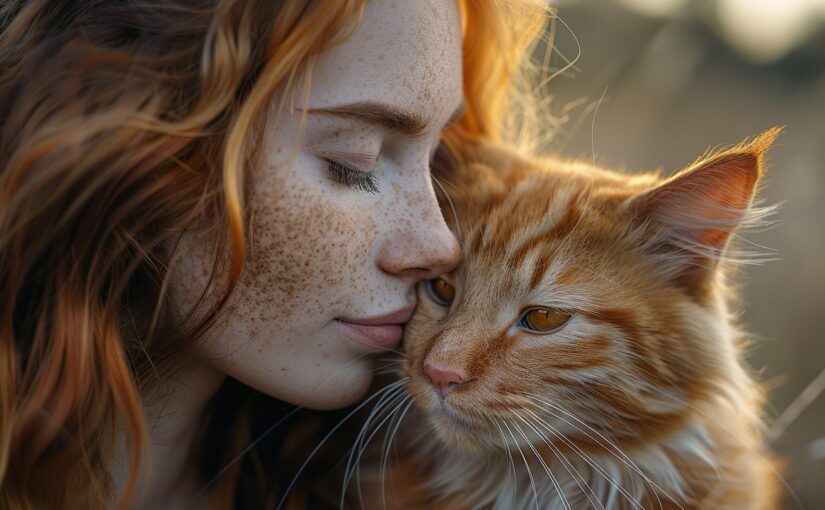An ailurophile is, quite simply, a cat lover. There is an old Irish saying that warns, “Beware of people who dislike cats.” Whether one agrees or not, it captures the mysterious allure and divisive nature of our feline companions.
Stereotypes tell us that artists tend to love cats, while soldiers often prefer dogs. The ambitious young executive, the rising politician, or the professional athlete is rarely imagined as a cat owner. It is easier to picture a football star walking through a park with a loyal dog at his side. Dog lovers are often seen as open, sociable and loyal because dogs themselves are social and loyal creatures. Those who prefer cats, on the other hand, are thought to be unconventional, creative, independent and at times reserved, simply reflecting the nature of cats.
Cats are rarely associated with the much-praised sense of group loyalty. Instead, they embody self-sufficiency and individuality, as opposed to the camaraderie and togetherness found in dogs. In truth, many people enjoy the company of both cats and dogs, and most of us have a mixture of feline and canine traits in our own personalities, blended in varying proportions.
Yet, not everyone likes cats. A cat’s face is still that of a predator, softened by velvet paws but armed with sharp claws. The fear of cats has several names: ailurophobia, felinophobia and gatophobia. Sometimes this fear stems from a traumatic experience with an animal in early childhood. More often, however, the precise cause remains unknown.
History offers some curious examples of people said to have disliked or even feared cats. President Dwight Eisenhower reportedly despised them and is said to have ordered that any cat found wandering the White House grounds be removed immediately. In earlier times, kings such as Henry II of France and Charles XI were rumoured to be so averse to felines that they nearly fainted in their presence. Julius Caesar is sometimes listed among historical figures who avoided cats. Adolf Hitler supposedly refused to have them in his home. Napoleon Bonaparte is also claimed to have suffered from ailurophobia. One anecdote suggests that when he suspected a cat was hiding behind the curtain of his bedroom window, he began sweating and trembling, brandishing his sword in distress.
Such tales are colourful but should be treated with caution, as they are often anecdotal and cannot always be verified. What they reveal, however, is a long-standing cultural divide between those who are comfortable with cats and those who are not.
The encouraging news is that phobias, including the fear of cats, can be treated. Some former ailurophobes have even transformed into devoted cat lovers. The less encouraging reality is that a certain number of people do not fear cats at all but actively dislike or even hate them. These individuals are far less likely to seek help or change their feelings.
Whether revered for their independence or mistrusted for their predatory instincts, cats continue to provoke strong emotions in humans. Perhaps this is exactly why they remain such fascinating companions, capable of inspiring deep affection, fierce loyalty and, in some cases, an enduring sense of mystery.
Bild von Amore Seymour.
